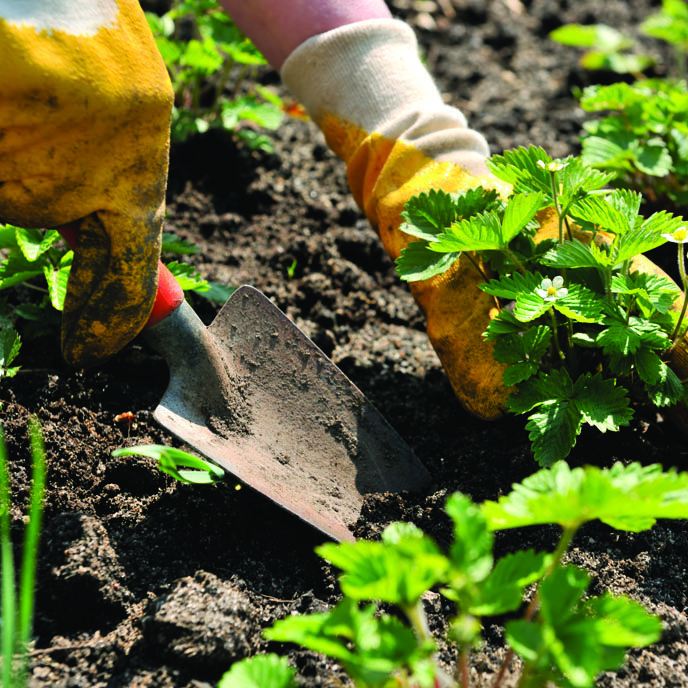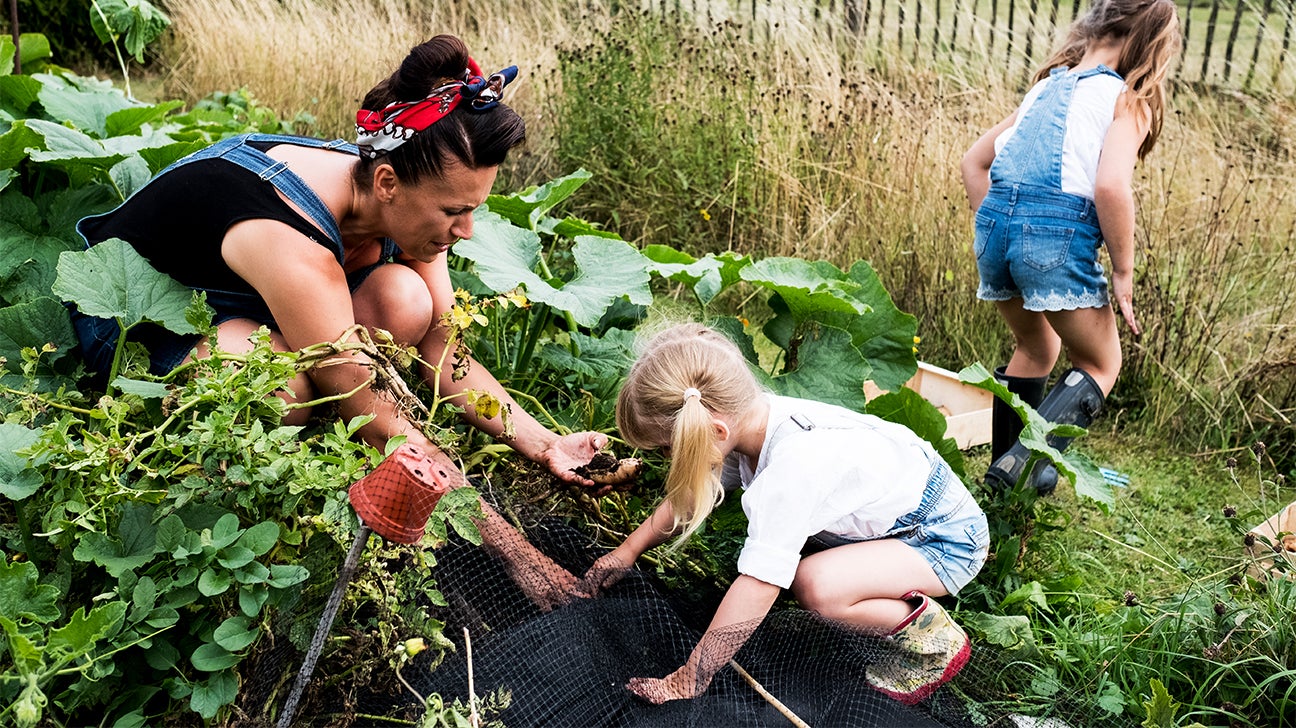Expert Gardening Tips to Change Your Outdoor Room Into a Paradise
Opening the Benefits of Horticulture: A Comprehensive Consider the Different Types and Their Effect On Wellness
Discovering the multifaceted advantages of gardening reveals a spectrum of techniques that dramatically enhance individual health. From vegetable and herb gardens to container and raised bed configurations, each type supplies distinct benefits that expand beyond plain growing. These activities not just foster physical health with active interaction however likewise add to psychological health by easing stress and anxiety and encouraging mindfulness. As we examine these diverse gardening strategies, it comes to be evident that their impact can resonate on personal, social, and environmental levels, motivating a closer look at just how these links develop a cohesive narrative of alternative health and wellness.
Kinds Of Gardening

Blossom gardening, one more popular category, stresses the visual appeal of grown flowers. This kind can boost landscapes and advertise biodiversity by attracting helpful pollinators. Natural herb horticulture entails expanding aromatic and culinary plants, contributing both to cooking and natural solutions.
Container gardening offers convenience, enabling individuals with limited room to involve in gardening by utilizing pots and planters. This technique is particularly preferred in metropolitan setups. Increased bed gardening, on the various other hand, includes creating elevated plots that improve dirt water drainage and accessibility, making it easier for gardeners to handle their plants.
Finally, area gardening cultivates collaboration among people in shared areas, advertising social communication and cumulative obligation. Each kind of gardening offers distinctive purposes and satisfies different preferences, making gardening a functional activity that can be tailored to specific needs and settings.
Mental Health Advantages
Participating in different sorts of horticulture not only yields tangible benefits such as fresh produce and attractive blossoms yet also supplies significant mental health and wellness advantages. Research indicates that gardening can be an effective tool for reducing tension, anxiousness, and clinical depression. The act of tending to plants and cultivating a garden promotes a feeling of objective and success, which can enhance overall emotional wellness.
Additionally, horticulture urges mindfulness, as it requires individuals to focus on the here and now moment, whether it be planting seeds or nurturing growth. This mindfulness method can cause minimized rumination and improved mood stability. The exposure to natural atmospheres during gardening has also been linked to improved cognitive working and reduced sensations of tiredness.
Social interaction plays a crucial duty in psychological wellness, and community gardening initiatives provide possibilities for people to get in touch with others, promoting a feeling of belonging. The shared experience of horticulture can grow friendships and support networks, better bolstering psychological durability.
Physical Health And Wellness Conveniences
Lots of individuals may not understand that gardening additionally provides considerable physical health benefits. Involving in gardening tasks requires a variety of physical activities, including flexing, training, digging, and growing, which collectively add to better strength, versatility, and endurance. These activities can enhance cardio Extra resources wellness by promoting an elevated heart price, thereby lowering the danger of heart disease.
Additionally, horticulture can work as a moderate-intensity exercise, assisting people achieve recommended exercise degrees. Researches show that regular participation in gardening can shed substantial calories-- about 200-400 calories per hour, depending on the intensity of the tasks carried out. Such calorie expense is advantageous for weight monitoring and general metabolic wellness.
In addition, direct exposure to sunshine during horticulture can promote the synthesis of vitamin D, which plays an essential role in preserving bone health and sustaining immune feature. The act of horticulture commonly includes working with soil, which has been connected to possible psychological and physical health and wellness advantages due to the existence of useful bacteria.
Social Connections Through Horticulture
The public elements of gardening foster purposeful social connections among people. Neighborhood gardens, specifically, offer as vivid centers where individuals from diverse histories collaborated, cultivating not only plants yet likewise connections. These shared spaces urge partnership, enabling people to trade understanding, skills, and sources, consequently improving their gardening experience and fostering a feeling of belonging.
Interaction in horticulture activities typically results in the development of friendships and assistance networks. Individuals often unite for typical goals, such as planting periods, harvest celebrations, or instructional workshops, which strengthen social ties and develop click resources a sense of area. Such interactions can alleviate sensations of seclusion and enhance psychological wellness, as people find friendship and camaraderie in common endeavors.

Environmental Influence of Gardening
Gardening considerably contributes to environmental sustainability in numerous methods. One of one of the most noteworthy advantages is the improvement of biodiversity. Home gardens provide vital environments for various varieties, including pollinators such as bees and butterflies, which are crucial for environment health. By growing varied plant varieties, garden enthusiasts can create a well balanced environment that sustains both plants and fauna.

Furthermore, gardens play a vital role in water preservation. Well-planned landscapes, including indigenous plants and xeriscaping, minimize water usage and protect against drainage, thus protecting local rivers from contamination.
Conclusion

Finally, gardening acts as a multifaceted task that their explanation enhances wellness throughout various domain names. The varied sorts of horticulture-- including vegetable, blossom, herb, container, and elevated bed-- add to mental and physical wellness, foster social connections, and advertise environmental sustainability. By participating in horticulture practices, people can experience enhanced lifestyle while also supporting community bonds and ecological health and wellness. Eventually, the holistic advantages of gardening underscore its value as an important component in improving total health.